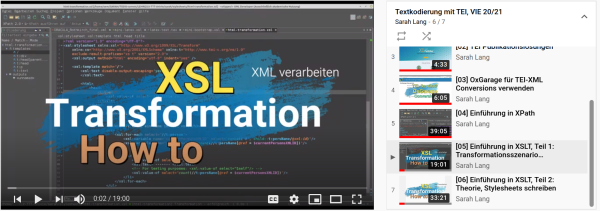This post is another reflection on the relationship between teaching and self-directed learning. It focuses on how to find a balance with making learning too hard or not hard enough. Thus the title: How can we deliberately make ourselves and/or our students fail just hard enough to learn? Context: I just found this post in the huge number of unfinished drafts in my WordPress. It was almost done, supposedly from early fall 2021. Some of it are reflections on my own (online) teaching in the summer term of 2021. I thought this was an interesting reflection still, so I decided to fix it up a little and post it now, despite the text not being “new” and some of my thoughts on my own teaching having changed over the last year where I have been teaching more than before as a Postdoc. Because the draft of this post was already so long and got a little longer with some 2022
read more Failing just hard enough to learn [Learning & Teaching / Riding higher waves Pt. 2.1]




